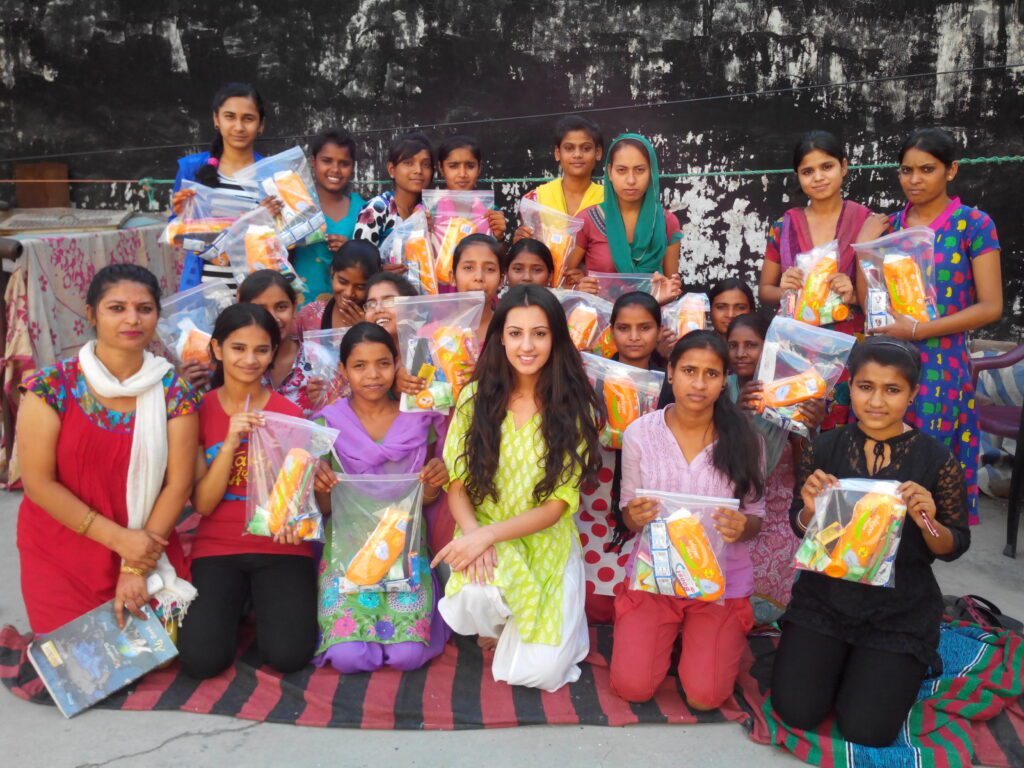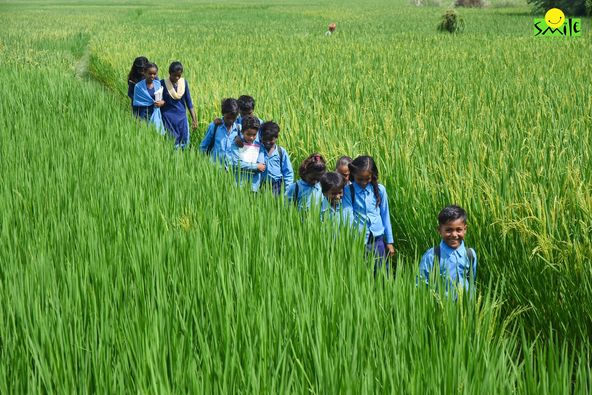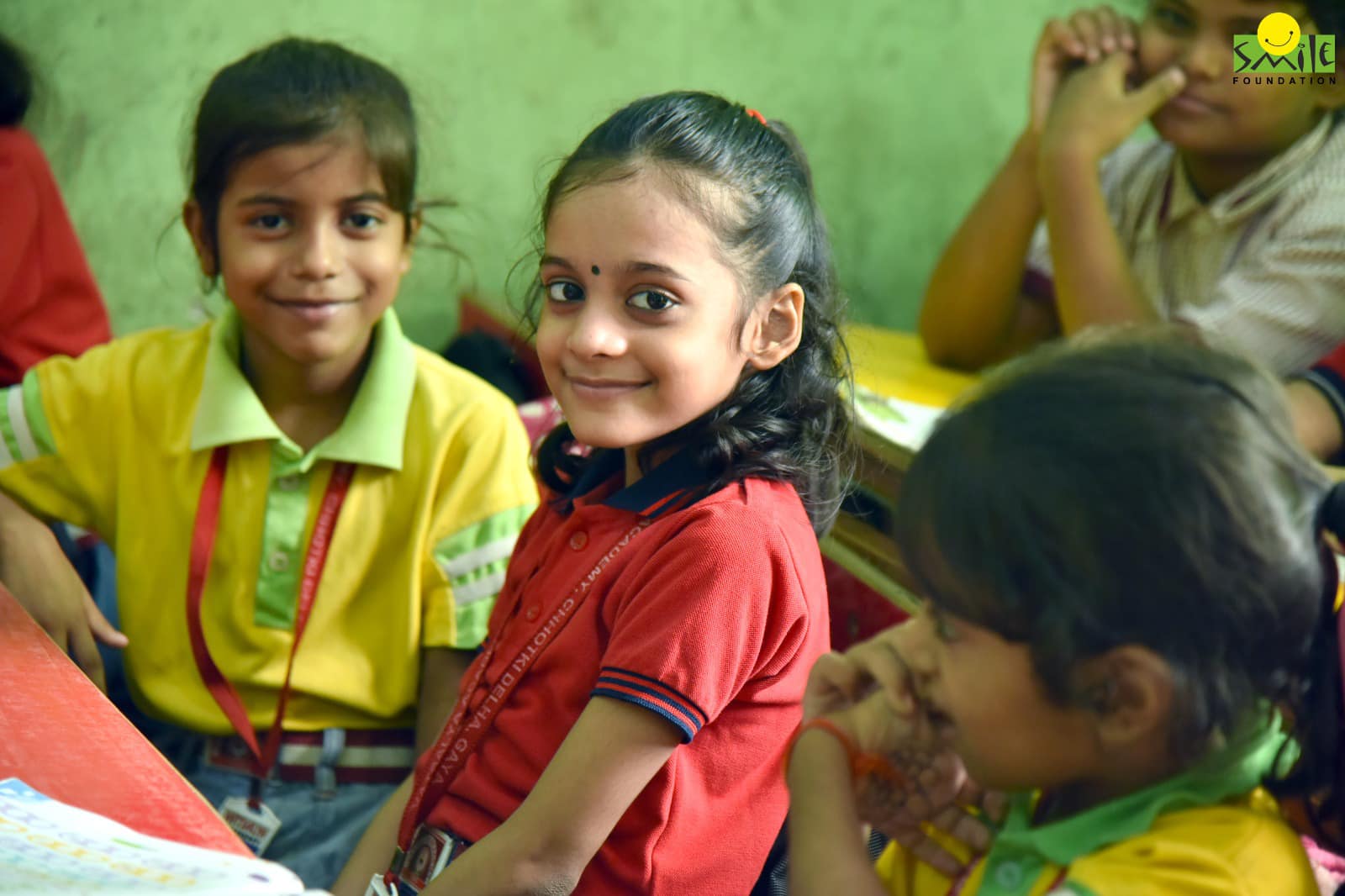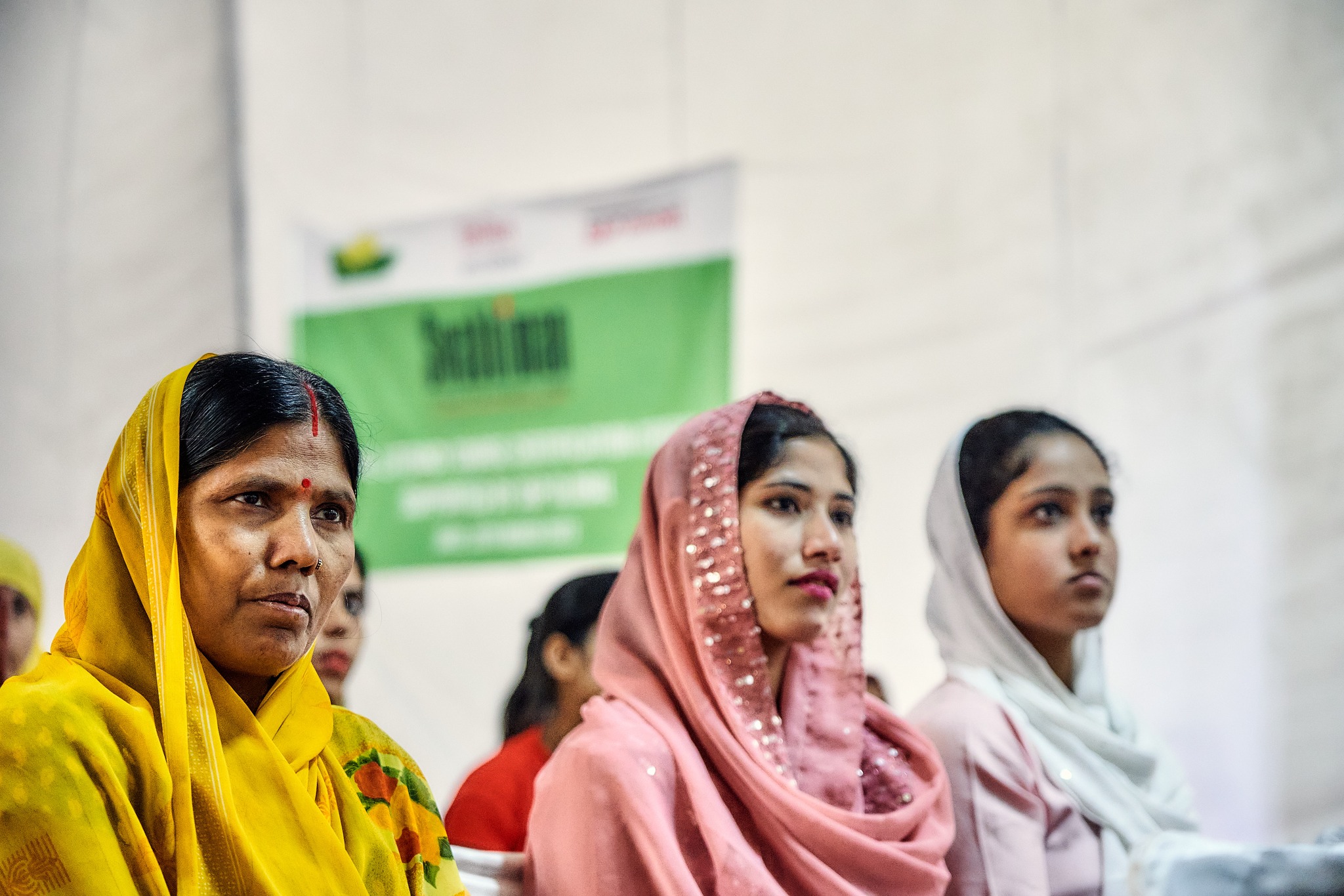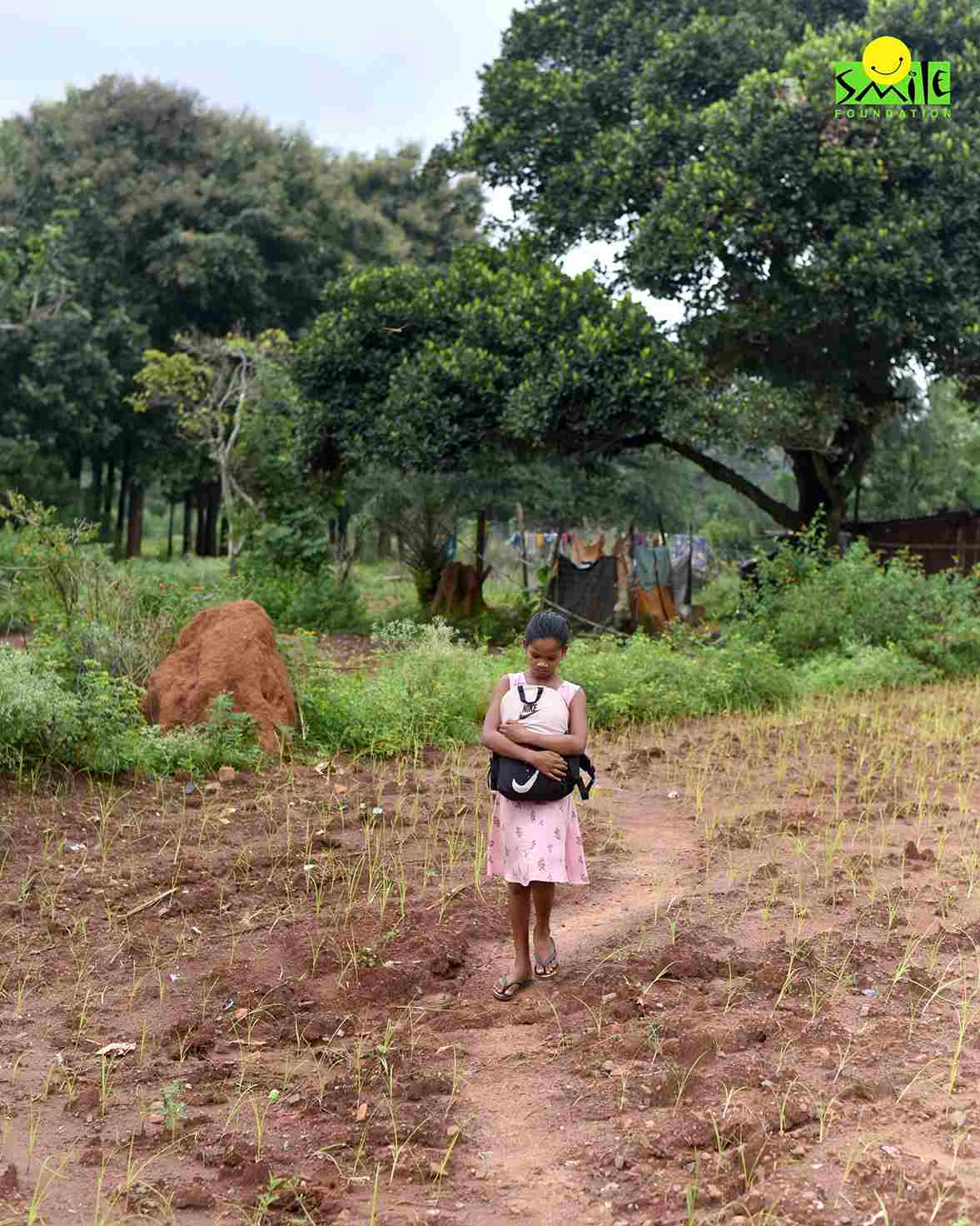Women in India and all across the world face major challenges on a daily basis. These include financial challenges as well as social challenges. There are certain expectations from women and they are expected to adhere to these fully and unconditionally. However, another major problem area for women is their health and the infrastructure that is in place for them. For instance, women’s menstrual health is key to having a healthy lifestyle. They face a wide range of health problems and often ignore these due to various reasons such as social taboos, economic pressures, or on account of putting their own health at the end of the priority list. But this is something that gets ignored in the mainstream.
Major challenges to women’s menstrual health
Women face challenges at various levels. First, accessing sanitary products, underwear, etc. is a transactional challenge. Then, there is the absence of safe, hygienic, and private spaces, such as separate toilets with a door that closes, for women to take care of their menstrual health. Water, toilets, disposal of menstrual products, all prove to be obstacles in women’s menstrual health. WASH (water, sanitation, and hygiene) facilities are inadequate, especially in public places like schools, workplaces, or health centres. Many women in rural areas may also not have access to a toilet at home. Third is the culture and mindset which teaches women as well as men that menstruation should be hidden. Moreover, women’s dignity and health are not a priority, for both men as well as women.
Social taboos and economic consequences
Challenges faced by menstruating women are deeply rooted in social norms and go beyond the easy availability of infrastructure. It is widely believed that menstruating women are impure, unholy, and dirty. Moreover, due to the taboos and stigmas associated with menstruation, there is a pervading culture of silence around the topic. As a result, limited information on menstruation and menstrual hygiene is circulated in mainstream discourse. This affects the daily lives of millions of Indian women. A disregard for menstrual hygiene serves to reinforce the overall lower status of women and girls.
Their inability to manage their menstrual hygiene in schools results in absenteeism. This has severe economic costs on their lives and on the country later. A large number of girls don’t use public toilets. The lack of toilets hinders many from accessing sanitation when needed. As per data, only 12% of 350 million women between the ages of 12–45 have the means to afford sanitary towels.
Environmental impact
In India, less than 18% of women use sanitary pads. Despite this low percentage, urban India sees around 58 million pads thrown away each year, leaving cities choked with non-biodegradable menstrual waste. Organisations such as Goonj, which repurposes old and unused cloth, are distributing reusable cotton pads in rural areas. But menstrual hygiene is more than a public health issue; the socio-economic consequences that women face are complex.
What the data says about women’s menstrual health
The WASH Poverty Diagnostics from WHO show the extent of Menstrual Health Management (MHM) issues in several countries and their impact on human development. There is data from various sources that show this. For instance, in Nigeria, 25% of women lack adequate privacy for defecation or MHM. In Bangladesh, only 6% of schools provide education on MHM. Moreover, more than one-third of the girls surveyed in Bangladesh claim that menstrual issues affect their school performance.
Data suggests that nearly 23% girls drop out of school and some are married off forcefully.
Menstrual Health Management (MHM) at the global level
At least 500 million women and girls globally lack adequate facilities for menstrual hygiene management (MHM). A flagship sanitation operation of the Government of India, the Swachh Bharat Mission, focuses on MHM and includes measures on constructing facilities that cater to the needs of menstruating girls. It also emphasises raising awareness among the community, including among boys and men, with the objective of breaking the taboo around menstruation. In Liberia, for instance, a new Education Sector Plan ensures that facilities for MHM and infrastructure for students with disabilities are taken into account while designing WASH programmes and school planning. A school WASH initiative in Ethiopia also focuses on MHM; its overall objective is to improve the school enrollment and attendance of girls. These are partnerships between the World Bank and governments which have succeeded in bringing the focus on MHM to the national level.
Impact on girls’ education
Due to a lack of clean toilet facilities in schools, a large number of girls drop out of school once they reach adolescence. This is a crucial time for managing menstrual health. In the absence of appropriate facilities, girls are forced to stay home, and often find it difficult to go back even after they grow older due to socio-economic issues.
The current scenario
Lockdowns due to COVID-19 have been in place since March 2020. There have been continuous disruptions in all aspects of human life. While there have also been constant attempts to restore all other services, women’s health has been severely compromised. The availability of menstrual hygiene products such as sanitary pads, menstrual cups, reusable napkins, pain medication, and soaps have been impacted. Further, the pandemic has also multiplied women’s mobility restrictions.
Financial instability, social isolation, and psychological hardship have also added to the burden of women and negatively impacted their menstrual health. Even without the pandemic making things difficult, economic uncertainty has always meant that women prioritise food and ration over their personal care necessities. A top official at UNICEF said on Menstrual Hygiene Day, “Periods don’t stop for pandemics, it’s every girl’s right to manage her period safely and with dignity.”
Role of the government
The role of the Government of India has become vital in providing healthcare for almost 280+ million menstruating women. The ‘Menstrual Hygiene Scheme’ was announced by the Ministry of Health and Family Welfare under the National Health Mission’s Menstrual Hygiene Management Programme. This is aimed at increasing awareness and access to sanitary napkins, and a better means of disposal. However, this scheme has not been successful. The scheme was meant to supply sanitary napkins to 107 districts by the government, and self-help groups were to produce and sell them for less than ₹8 per pack in another 45. Due to the irregular and inefficient supply, the supply chain got dismantled. Moreover, there was no proper disposal system for pads.
The National Guidelines on MHM detail the key responsibilities of each stakeholder.
Reproductive and sexual health
In India, women’s reproductive and sexual health are not all a priority in most families, as are reproductive and sexual choices. Women lack the agency of making informed choices in these matters, and this extends to their menstrual hygiene as well. Informed choice means that women and girls have comprehensive information about the available menstrual hygiene products (including their pros and cons, hygienic use, and disposal). Further, women should also be equipped to make a choice about which product to choose as per their needs and their means.
Why should women be aware of the implications of menstrual health?
A woman’s menstrual health contributes not just to her own health, but also to the health of her family and community as well. Despite this, menstrual hygiene is among the most challenging issues in the developing world today. The social stigma and restrictions associated with menstruation may hamper the schooling, mobility, and freedom of girls in the long run as well. Thus, they need to be taught MHM from a young age so that they can continue to lead normal daily lives.
In most communities, mothers are the main source of information for daughters when it comes to menstruation and menstrual hygiene. However, being unaware and uneducated themselves, they are not able to equip their daughters with scientific and practical knowledge about menstrual health.
Promoting women’s menstrual health
Given the multiple challenges women and adolescent girls face, it is evident that promoting menstrual hygiene management (MHM) is not only a sanitation matter; it is also an important step towards safeguarding the dignity, bodily integrity and overall life opportunities of women and girls. In line with its overall commitment to promoting gender equality, the World Bank engages in furthering the MHM agenda. Through a range of technical and analytical initiatives, it aims to better understand and address issues of MHM, and to thereby elevate the dialogue on the importance of MHM.



